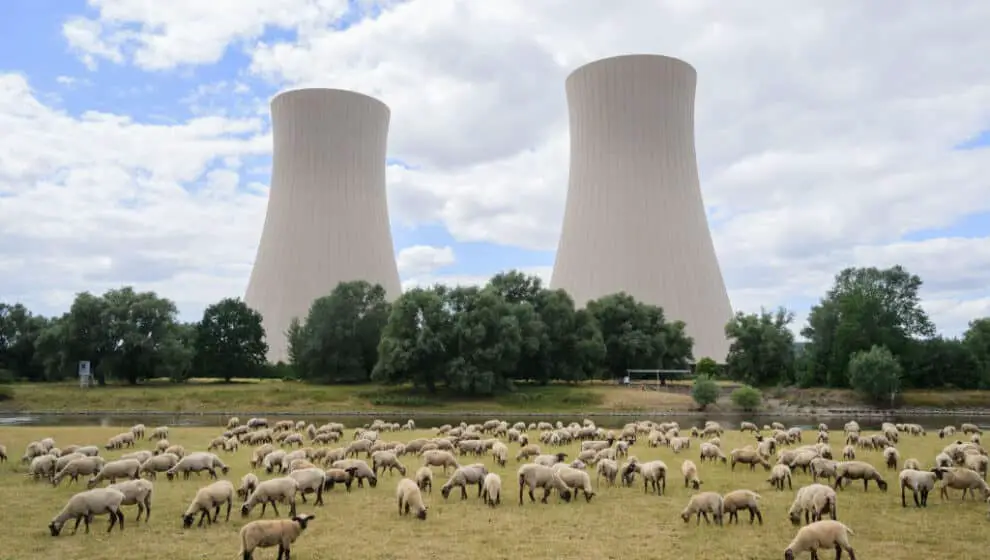Germany is rethinking its decision to give up nuclear power.
Germany’s last three nuclear power plants are scheduled to be shut down by the end of this year. Before Germany started shutting down its plants, it had 17 nuclear power plants.
Despite this plan being in the works for a decade, Germany’s government is now debating whether to extend the shutdown to stave off a potential energy crisis this winter.
Following the Russian invasion of Ukraine, Germany is facing potential shortages of gas. Many German homes rely on gas to provide heat. With winter quickly approaching, German officials are considering whether to push back the power plant shutdowns a few months in order to have enough energy to make it through the winter, reports Politico.
Germany imports the majority of its gas and relies on gas for a fifth of its energy supply. Russia provides 32% of the nation’s gas. Germany also imports 34% of its crude oil and 53% of its hard coal from Russia.
The Russian invasion of Ukraine has caused Germany to rethink its energy supply. It is continuing the increase in renewable sources such as solar and wind but has also made plans to reopen the coal power plants, Politico reports. Reconsideration of nuclear power is one of the latest ideas to come to the table.
As of 2021, Germany’s nuclear power plants still produced 12% of the country’s energy. However, nuclear power has been highly controversial in Germany.
The current shutdown plan began in reaction to the Japanese Fukushima disaster in 2011 when an earthquake and ensuing tsunami caused the meltdown of Fukushima nuclear reactors.
In 2011, before Germany began shutting down the power plants, the plants produced 23% of the country’s electricity.
Germany has been steadily working toward total reliance on renewable energy sources. This year, 49% of German energy consumption came from renewable energy sources.
